One year-plus into the largest public health crisis in a century, New England Condominium spoke to real estate professionals across the geographic regions we cover to learn the effects that the COVID-19 pandemic has had on their specific areas. What we found out is that the co-op, condo, and HOA market has taken several twists and turns over the past year—and a lot of that movement depends on where you live. In fact, even within the same region, the pandemic has had varying impacts in luxury sectors versus middle-market, as well as in urban centers versus more outlying areas. A number of tangential factors are playing into trends and forecasts as well, making for a patchwork of experience across the country.
The Bounces
Perhaps unsurprisingly, the biggest dips in property value and activity were seen in the second and third quarters of 2020, when the nation was experiencing its second wave of infections and states were in various levels of lockdown to contain the outbreaks. Realtors across the country were unable to show properties in person for months in many cases, and transactions were further hampered by limits on travel, gatherings, and long backlogs in the courts. In many U.S. cities, the civil unrest following the murder of George Floyd by Minneapolis police officers last year also had a compounded impact on real estate in those markets—some of which is still felt today. Condos and co-ops struggled as dense urban living and shared spaces lost some of their appeal when less was known about COVID-19 contagion and vaccines were still a pipe dream.
But all that is changing. In Boston, condominium sales are not only bouncing back—they’re breaking records. According to the Greater Boston Association of Realtors, this April, which saw a 60.3% increase in condo sales over last April, had a record-setting 1,220 units go into contract. Douglas Elliman Downtown Boston’s recent market report notes that Q1 2021 had the highest number of condominium sales in a first quarter since 2006.
“The statistics are mind-boggling,” says Gene Hashkes, a realtor/broker at William Raveis in Newton, Massachusetts, “and I’ve been doing this for 25 years. With more people vaccinated, with us returning to work and back to life, you’re seeing a resurgence in the condo market.”
Additionally, thanks to historically low interest rates many first-time homebuyers may find that they’re now able to afford a city condo, while the numbers might not have worked a year or two ago. “This is an excellent opportunity to buy a condominium,” says Hashkes. “So, where you’ve seen [single-family] home prices appreciate over the last 12 months, condos have just been going up since the beginning of the year.”
Gail Spreen, Senior Vice President of Sales for Jameson Sotheby’s in Chicago, foresees a recovery in the market there, too—not just as an end to the pandemic and its economic fallout, but as a shift from the uncertainty and tumult felt over the last year-plus in general. “I think it’s actually a great time to be a buyer,” says Spreen, “because we’ve got great interest rates, our prices are down right now, and there’s a real positive energy.”
Much of this can be attributed to the ease with which buyers, sellers, and agents have taken up—and mastered, in many cases—the technology available to them, including virtual open houses and property tours. Technology has changed the experience of apartment hunting—and by most accounts, the changes are for the better. Buyers, says Spreen, can narrow down their searches at their realtor’s office or at home, saving in-person visits for properties in which they are truly interested. Advance scheduling and limited walk-throughs make things easier on realtors—and on buildings and associations, too. What began as an adaptation to dire circumstances definitely seems to be a trend with staying power.
The Leaps
Where Northern cities like Boston, New York, and Chicago saw a distinct outward migration of residents during the early days of the pandemic, Southern cities like Miami and Tampa, with more access to open space and favorable weather, experienced an influx—and in some cases, a veritable boom.
While this is good news for sellers, buyers—particularly first-time homebuyers looking to finance their purchase—are facing some unforeseen obstacles. “First-time buyers in particular are having trouble securing that first home for a multitude of reasons, including not enough affordable properties, competition with cash buyers, and properties leaving the market at such a rapid pace,” says Lawrence Yun, chief economist for the National Association of Realtors (NAR).
Joel Kan, associate vice president of economic and industry forecasting at the Mortgage Bankers Association (MBA), says that data suggest that “In the short-term, inventory shortages will persist.” The ever-rising costs of labor and materials, plus a current labor shortage, are putting a proverbial wrench in new construction nationwide.
And while interest rates have reached historic lows in recent months, many real estate and financial professionals predict a change in this environment. Freddie Mac chief economist Sam Khater sees it happening sooner rather than later. “Consumer inflation recently has accelerated at its fastest pace in more than 12 years and may lead to higher mortgage rates in the summer,” he says.
That said, wealthy homeseekers are not hesitating to invest in luxury co-ops and condos. In other urban areas that were reportedly bleeding wealthy homeowners at the coronavirus’s onset, a reinfusion of sorts appears to be taking place at this stage of the pandemic. New York real estate expert Donna Olshan, president of Olshan Realty Inc. and Olshan Group LLC, says that the luxury sector is seeing the biggest surge since her agency began tracking such data in 2006, partially because of the size of the units being purchased.
The Future
At this point, there seems to be an abiding sense of hope that fall will bring a complete reopening of US offices and schools, as well as international travel, and with it the resumption of “normal” co-op and condo activity in the U.S.
Most of all, as the country tip-toes out of the pandemic that brought the world to its knees, people are making changes to their lifestyles and to their priorities in profound ways, and this will have implications for residential real estate long into the future. Industry pros advise that to meet this moment, staying competitive will require constant reassessment of promotional practices and a willingness to adjust accordingly.
Darcey Gerstein is Associate Editor and Staff Writer for New England Condominium.




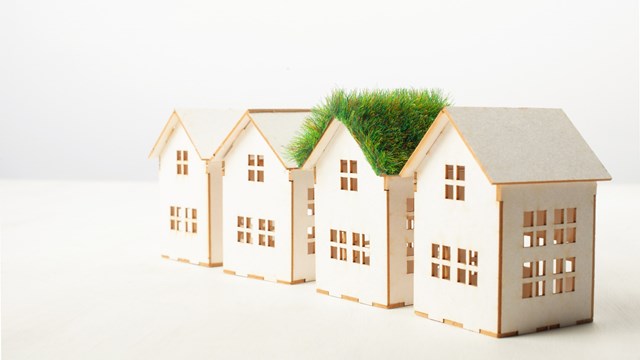
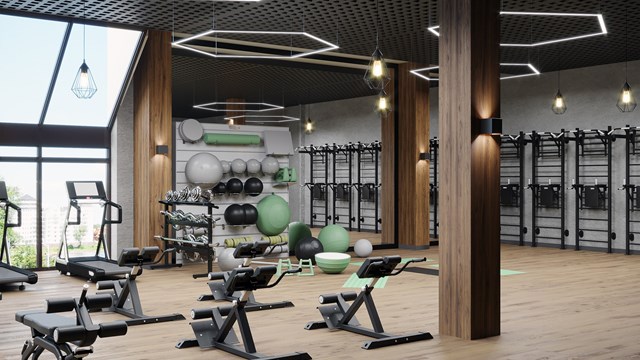
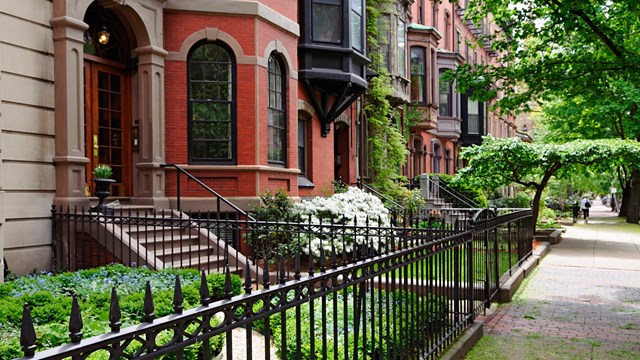
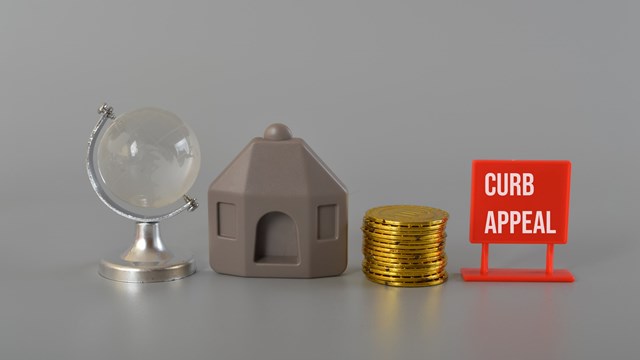
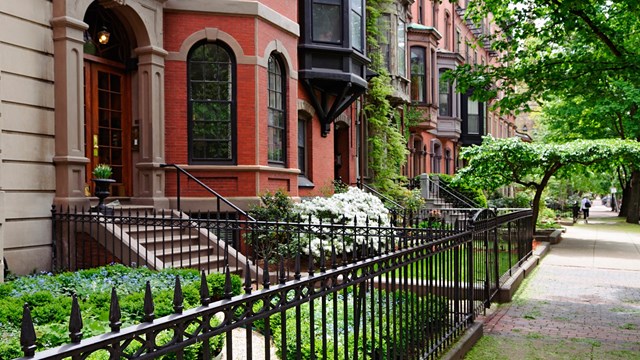

Leave a Comment